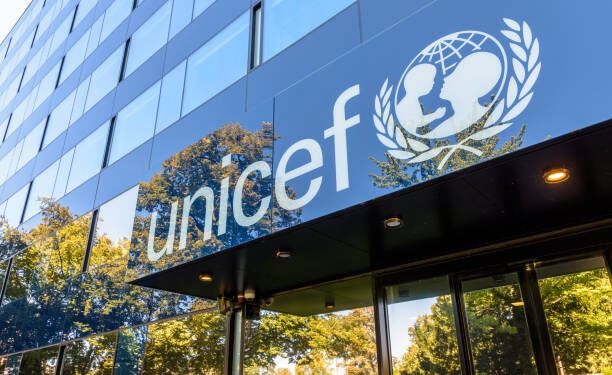he European Union (EU) and the Enugu State Government have initiated a N3.33-billion Solar for Health Project to electrify 25 Primary Healthcare Centres (PHCs) across the state.
This initiative also saw the inauguration of the Enugu State Solar for Health Project Steering Committee, chaired by the State Commissioner for Health, Prof. Emmanuel Obi, to ensure the project’s sustainability.
The launch was part of an EU project titled “Nigeria Solar for Health Programme (NISHP)” which aims to provide 24-hour electricity to over 100 healthcare facilities in five states—Enugu, Ogun, Plateau, Abia, and Akwa Ibom.
The NISHP will run from 2024 to 2027, the program is designed to strengthen Nigeria’s healthcare system by deploying sustainable solar power solutions.
Enugu State, being the first to contribute a counterpart fund of N1 billion, is a priority state in the project’s implementation.
EU commitment to Sustainable Development Goals
Speaking at the launch held at the Old Government Lodge, Enugu, Mrs. Inga Stephanowicz, Head of Green and Digital Economy for EU Nigeria and ECOWAS, said the project was aimed at bringing electrification to communities, especially health facilities.
Many primary health centres in the country lack basic amenities and are in need of electrification,” Stephanowicz said adding that five states in the country would benefit from it.
Stephanowicz stated, “Enugu is one of the first states that volunteered and made the necessary commitment to become a priority state in the EU intervention.”
She further explained, “Enugu state will get N3.33 billion from the EU support as the state government has paid counterpart fund of N1 billion and when you multiply this amount by the five states, that is the amount we are spending on the project.”
She emphasized that the initiative is one of the UN Sustainable Development Goals (SDGs) of providing basic health, community services and electrification needed for people to live, become healthy and raise families.
“We are championing an all stakeholders-driven model where local businesses will be connected to as the solar project will be powering both health facilities and SMEs around it.”
“This means that we are not electrifying only health facilities but businesses around it too. One of those businesses will be a telecom tower to improve telecommunication in that facility,” Stephanowicz added.
Enugu Governor reaffirms vision for better healthcare
Governor Peter Mbah, represented by Prof. Chidiebere Onyia, Secretary to the State Government, in a keynote speech, emphasized the project is a step in the collective journey toward the attainment of SDGs and improved healthcare delivery for citizens.
“It is a quick reminder that the challenges in the primary healthcare and energy access are interconnected and require innovative and collaborative solutions,” Mbah noted, disclosing that the State had long been committed to improving healthcare outcomes and addressing the energy deficit.
He further explained, “We are taking a bold step toward ensuring that our primary healthcare facilities have reliable, sustainable and uninterrupted energy supply.”
He emphasized that the initiative aligns perfectly with our administration’s vision to enhance people’s lives. “The deployment of solar energy in our healthcare facilities means that critical health services will no longer be disrupted due to outages.”
Also speaking, the Programme Manager, Energy Access, EU Nigeria, Mr Godfrey Ogbemudia revealed that the EU has invested €20 million in Nigeria’s power sector both off-grid and renewable energy between 2008 to 2020 and an additional €37 million for new energy access programmes from 2021 to 2027.
He assured that by 2030, more than 100 million Nigerians would have access to electricity through the project.
Sustainability at the core of the project
Mr Tinyan Ogiehor, the Senior Stakeholder, and Engagement Manager of NISHP, explained that NISHP was funded by the EU in collaboration with the Enugu State Government to particularly improve health outcomes in the state.
He further mentioned that the project was designed with key elements of long-term sustainability, hence the need to electrify productive load sers, as well as have the government provide counterpart funds.
“The EU is providing funds for solar PV, batteries, and inverters for a minimum of 25 health facilities in Enugu State, spread across 17 Council Areas,” he added.



